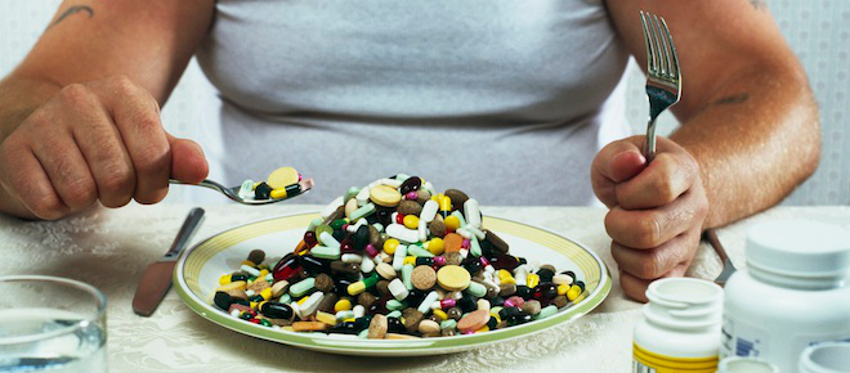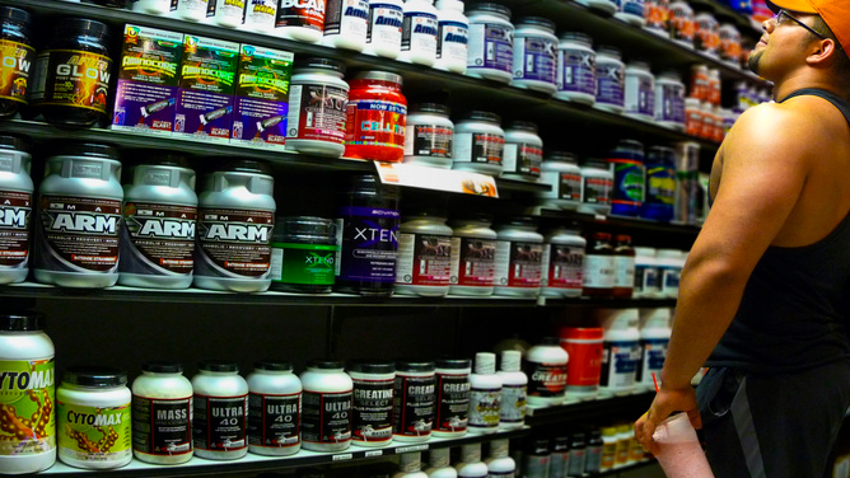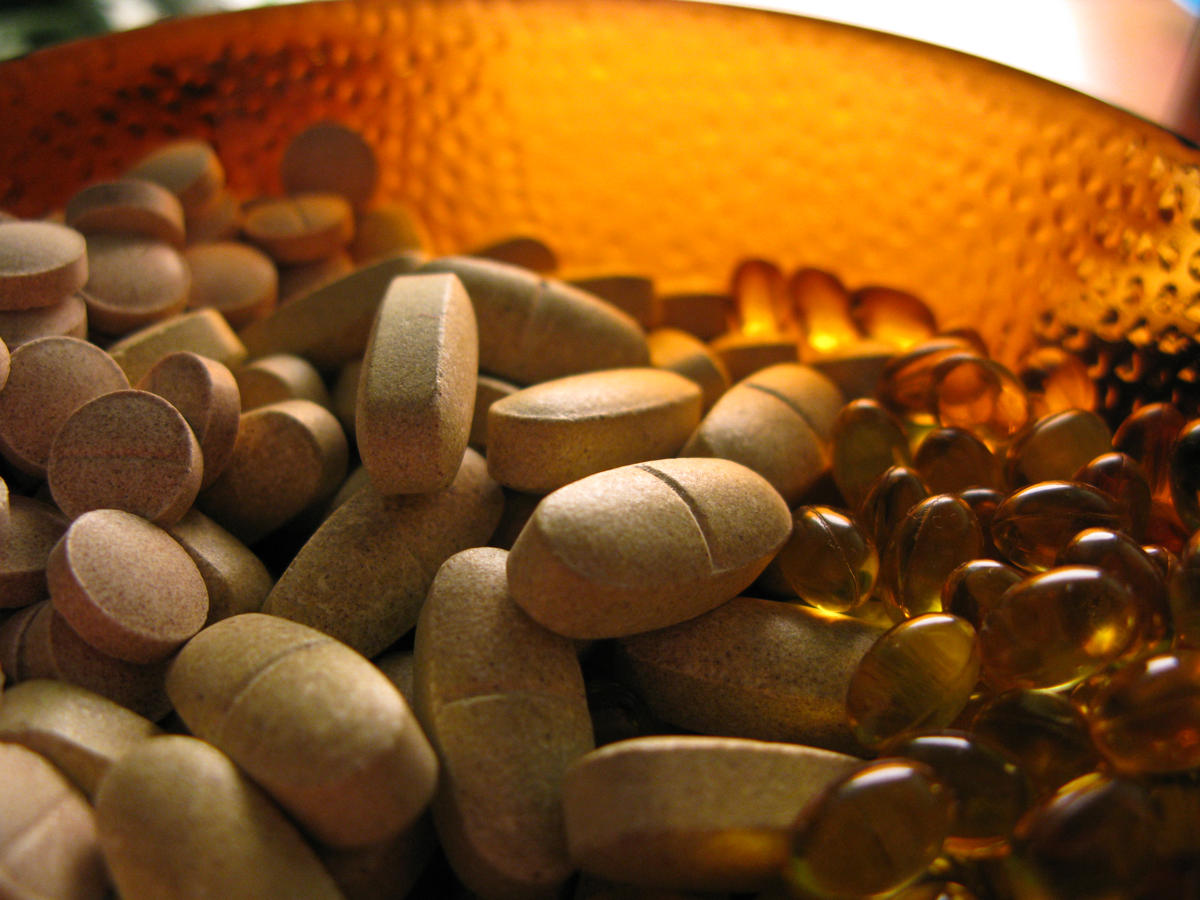PAGA, Ghana — Every time I step into the doctor’s office in Tamale, I am presented with what continues to look more and more like a chemistry lab. One pill makes you eat better. One pill makes you lose the weight. One pill makes you happy and energized. Another keeps you calm. Still yet, another can make you make your wife happier. Or so they say.
I peruse the labels presented to me and I realize a fact. None of these pills – or are they dietary supplements – are made in Ghana. None of these pills are made in Africa. None of the Pharmaceutical companies manufacturing these pills are located anywhere within reach. They are mostly European and American companies.
So how do they know about the dietary needs of the people of Paga? How do they know us so well as to be able to make pills that fit our every daily need? The fact is that they don’t.
A similar criticism about our traditional healing industry still exists – the bottles of herbal concoctions that dot our shelves in Makola – which over the years has not helped patients’ perceptions about traditional medical practices – the African herb.
But a curious observation cannot go unmentioned. Traditional chemistry has become a laughing stock. No doubt, crooks have entered into the business with no intentions of curing disease except to make money – sometimes making money at the expense of the sick.
But what if tests conducted by scientists in Lagos, Accra, New York and Canada have found that the substances behind a British or American pill may contain nothing more than powdered rice or houseplants?
Would that make any difference to you?
Why are our doctors in Paga, Tamale, Takoradi, Abidjan, Lagos and Dakar not privy to this information? Or are they?
I have been discouraged on many occasions from using herbal medicine by doctors at the Korle Bu Teaching Hospital and the Police Hospitals in Accra. In their replacements, I have been introduced to pills, and pills of western chemical origins, which I have been promised will quench my supplementary African dietary needs.
I have been encouraged to shun African chemists and their herbs and accept western chemists and their pills under this impression that most of our herbal medicines on the market are fake, whereas the pills from America and Europe are real.
If enough people in Paga, Accra and Lagos believe they’ll be healthier by taking the American pill or the German dose, well, isn’t that a nice racket for whomever makes them or imports them?
Nice, to the tune of over $12 billion a year in sales. And here in Paga, which is to the herbal supplement business what Brong Ahafo is to marijuana, a huge influx of western dietary supplements have taken hold, complete with a network of doctors trained in western medicine making unproven claims, well-connected lobbyists and entrenched politicians who keep our African herbalists and their bottles of herbs at bay.
If you want to know how we came to be a nation where everyone who goes to see a doctor, comes back sounding like a scientist, come to Paga. Plus, you would have to ask the two medical schools in our country – Ghana Medical School and KNUST Medical School.
In Paga, herbal medicine is vilified and seemingly smart people who distrust western medicine are laughed at. Here, the nexus of European and American quack pharma and industry-owned politicians has produced quite a windfall: nearly one in four Ghana Cedis in the pill-popping supplement market.
I am not only talking drugs, or even, in many cases, food here. Drugs sometimes have to undergo rigorous testing and review by the Ghana government. Dietary supplements like minerals and vitamins do not. Drugs have to prove to be effective. Dietary supplements do not.
These are the Frankenstein remedies — botanicals, minerals, enzymes, amino acids, dried stuff from Europe and America daily flooding our markets. They’re “natural.” Or so they say, while claiming our herbs are not. They’re not cheap. And like Americans, anyone who goes to see a doctor here in Paga pops them like roasted corn and groundnuts, despite recent studies showing that nearly a third of all European and American supplements on the market may be outright frauds.
One label says Ginkgo biloba, or ginseng, or St. John’s wort. But testing announced by an independent board in the US last week found that the Ginkgo biloba brought into Ghana, for example, contained no Ginkgo biloba DNA — it was a mixture of rice, mustard, wheat and radish.
Some of our country’s largest retailers are selling junk in a pill, a step removed from sawdust or ‘aponkyebin’. Counting on the stupidity of Ghanaian consumers, the big market men and doctors who follow in toe, don’t seem to care. Even in the US when such revelations are made, stores are still reluctant to stop selling.
More than a few days after a US state attorney general asked retailers in the US to pull the tested products from their shelves in his state, you could still go to a store called Walmart online and buy the allegedly fraudulent products.

Antioxidants for preventative health
Don’t mean to be alarmist here but the evidence suggests antioxidant supplements (beta-carotene, vitamin A, vitamin C, vitamin E, and selenium) may actually kill you quicker.
Vitamin C for colds
This is a myth. This is a regularly updated Cochrane review on vitamin C and the common cold shows that popping these pills every day does nothing to prevent colds and only maybe shortens their duration.
Vitamin D for a range of indications
From combating chronic pain to staving off cancer, this celebrated supplement seems to be recommended for everything. Unfortunately, the evidence for most vitamin D-related claims is weak. It doesn’t help reduce the risk of a range of cancers. There’s little evidence that these pills can alleviate chronic pain. As well, no link has been found between vitamin D and reductions in blood pressure, improvedcardiovascular outcomes, and the prevention of fractures in older women. People whom vitamin D can help: those who have tested positive for a deficiency.
Evening primrose oil for a range of indications
In a word: useless.
Weight loss supplements
Lies, damned lies. Raspberry ketones, green coffee beans: don’t waste your money! If there was a tablet that could help with weight loss, we would not be in the midst of an obesity epidemic. In fact, Science-ish has yet to come across claims about a weight-loss supplement that are backed by good evidence. As a general rule, when a study about one of these “fat busters” suggests it’s effective, that’s probably because the experiment was poorly designed or it was done in animals or cells but not in people.
There is Spring Valley echinacea — with a bold label reading: Immune Health — selling for a whole lot of money a bottle in several stores and on several websites in the world and in Ghana. It comes with a handy “customer review,” touting an “Excellent quality product!” This is about a substance that contained no echinacea, according to the attorney general of that State in the US.
To understand how we got here, you have to go back to Dr. Kwame Nkrumah. Dr. K. A. Busia made a comment when Dr. Nkrumah proposed the building of Ghana’s first medical school. Dr. Busia midwifed through parliament with a proposal to stop Dr. Nkrumah from building such an educational facility.
“Are you going to train Bush doctors or what?”
Bush doctors or so has been the mentality since Ghana attained independence. Dr. Nkrumah insisted that a new paradigm shift in medical thinking was needed to restore African medicine to its rightful place in world history. He believed with time that Ghanaian doctors would incorporate African medicine into their own practice.
Even though that dream has still not materialized. However, for Dr. Busia and co., such an industry – an African medical space – would prevent his closest associates and family members from making money by importing western drugs and daily supplements.
That has been the political side of a young new Ghana, an all-too-familiar story of mutual beneficiaries born in the halls of Parliament. But what about the medical implications? These pills and powders imported into our country can’t, by law, make specific claims to cure anything. So they claim to make you healthier. The Ghanaian consumer is left playing doctor, reading questionable assertions by other doctors that course through the unfiltered garbage of gossip and television.
“There’s a lot of wrong information out there,” warns the American Cancer Society for example, in its tutorial on these products. “Even for those who are usually well informed, it can be hard to find reliable information about the safe use and potential risks of dietary supplements.”
And there was this finding reported in the African authoritative Annals of Medicine: “Enough is enough: Stop wasting money on vitamin and mineral supplements.” Oh, those elites at the African College of Physicians, what do they know?

So, the industry keeps growing, with 45,000 dietary supplements now on the market, consumed by nearly a quarter of all Ghanaians. The larger issue is mistrust of authority, a willful ignorance that knows no political side. Thus, the business minded libertarians, like Dr. K. A. Busia before them promote a freewheeling market of quack products, while conservative conspiracy theorists disdain western medicine in favor of anything sold as “African” medicine or vaguely countercultural.
Everyone wants to live longer, to be happier, and to have better sex. And, if you think you can do it without exercise, or eating enough vegetables, or getting regular sleep, there are a thousand pills for you, sold not far from the chop bar or the next Akpeteshi counter close to that clinic.
It’s all based on the honor system. If you trust them, go buy some, possibly Ginkgo biloba-free Ginkgo biloba, and thank the business minded libertarians and their foundation of supporters for the unfettered right to be sucker importers of anything so long as they can make money.











You don’t live, I done drink all the supplements in the world but nothing, nothing, nothing, buey!
Some of these pills are filled with kokonte. Can you believe that.
I was directed by my doctor in Kumasi to buy some supplements from china. I wasted my money for 7 years. Amanfro, don’t do it. It’s all a sham.
It is such a disappointment to see Africans buying to false Western medicines. It is true that some Africans pretend to offer cures to illnesses while they are only making money. But why then do we trust that those in the West actually intend to help Africans get healthier? The spread of Ebola from the West to Africans is one example. These pills are another. We cannot look to others outside of African to solve our problems. We can only be the problem solvers.
The problem is that people make money importing western solutions for African problems. If you care about money, you will sell your own mother!
Yes, you are right. If we always want to take money nothing is going to get done. Simple.
Once I bought a herbal tea from Mali for my aunt. She run me out of her house in France and told me to take that voodoo thing away from her home. The extent of our brainwashing wouldn’t be so severe if our so-called educated weren’t so brainwashed themselves. My aunt is a nurse and a midwife so you can imagine my surprise.
Why we waste all this money on theses drugs beats me.
African must return to their medicines and restore the faith and integrity in them. Let us regulate the business and only require a special license for operation.
Too much hullabaloo about vitamins and drugs. All it takes is to just eat well. Eat well. That’s all.